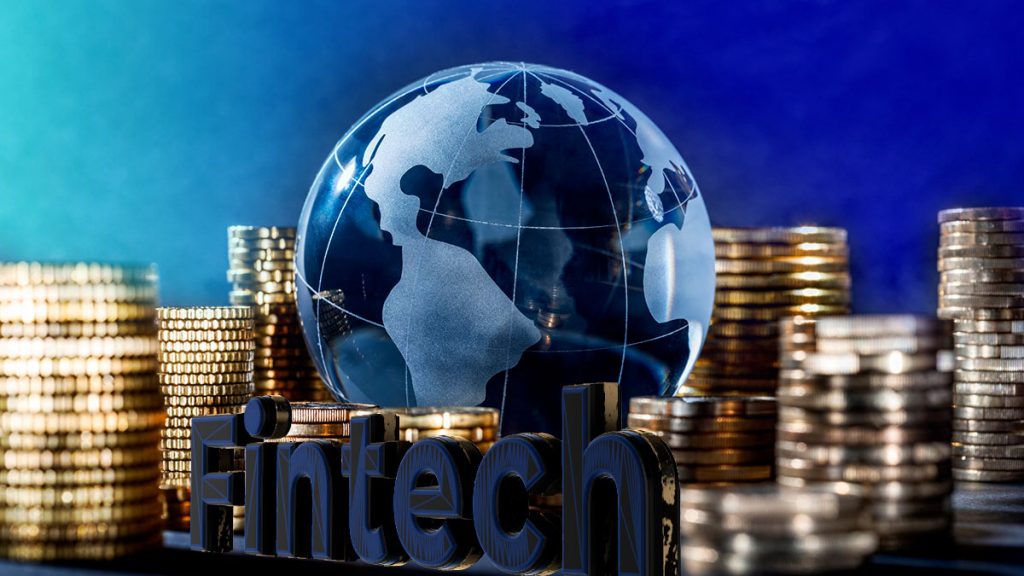
It takes time to navigate the banking and finance sectors. Despite being regarded as rather conventional areas, they are constantly changing. Financial technology, or “FinTech” as it is more commonly called, is a critical sector of expansion. However, how will fintech impact financial services in the future? And what is the future of fintech? Consider how fintech trends may affect your future, just like many other professionals. There are several burgeoning sub-sectors in fintech. Applications like cryptocurrencies, bitcoin, blockchain, machine learning, and AI are just a handful that needs to be understood.
What Is the Future of Fintech: How Fintech Is Shaping the Future of Banking
Businesses are constantly looking for individuals who have a grasp of new financial trends, so being informed of the latest fintech trends can help you understand what is the future of fintech and the relation between fintech and the future of financial planning.
Smart solutions
The banking industry has been pushed to look for rapid, strong, and flexible solutions to difficulties encountered and internal inefficiencies due to the rising demand for financial services combined with the shortage of time experienced by consumers and workers. Fintech has enabled banks to apply efficiency in every area, changing internal procedures at financial institutions and client experiences when in-store.
For instance, automated services or robot advisers can now process internet loans without setting up an in-person appointment. Internal procedures become considerably more effective, freeing time for employees to concentrate on activities AI cannot perform.
This tendency will continue to spread as firms can provide contextualized solutions that address customers’ immediate demands thanks to the development of artificial intelligence and machine learning. Powering the future of the fintech industry.
A focus on agility
When asking what is the future of fintech, you got to take a look at the agility of fintech. The speed of business model innovation has increased due to the financial sector’s rapid development. To satisfy client needs and maintain competitiveness, any organization using financial technologies must be agile enough to adapt to the constantly shifting trends.
For instance, mobile banking apps’ use of AI will advance with time. Businesses that provide these services must stay current with these advancements to provide the best possible client experience, and traditional financial institutions are expanding to explore the potential of blockchain technology. Those who can’t adjust will only live for a while.
The reinvention of customer service
Many financial institutions now allow users to open an account and access their bank online, saving them time, money, and trouble. That is one of many trends in the future financial technology. Fintech is currently focused on fusing digital trends with customer expectations.
As a result, those who had never been able to access a bank can now do so for the first time in history. With the development of mobile banking and electronic payments, banks can assess the customer journey in light of customer satisfaction indicators and meet consumers’ needs.
the fight against cybercrime
Although digital and cloud-based technologies speed up procedures and improve customer service in the fintech industry and shape future of fintech, they are also more susceptible to criminality.
According to Allianz Global, financial services firms are reportedly heavily targeted and frequently rank among the top five industries for the intensity and frequency of cyberattacks. Cybercrime is rising as more people and organizations rely on technology to run efficiently, particularly in fintech, to improve customer experience and ensure quick transactions. The ongoing trend of cybercrime will significantly impact the future of fintech.
Adoption and Growth of Fintech Continue
What is the future of fintech? Let us dissect. Over the past ten years, several variables have helped fintech advance. Nearly all of our daily activities have changed due to technological advancements. IoT, AI, blockchain, and cloud computing are a few examples of technology that have significantly fueled fintech innovation. Fintechs have stepped in to gain ground where established financial companies have struggled to keep up with changing customer behavior.
Many banks already collaborate with fintech companies to improve their service offerings. Financial institutions are becoming aware that brand loyalty is declining while consumer demand is increasing for speed, accuracy, transparency, and more technology. The Swiss Finance Institute reports that the daily average rate of FinTech app downloads climbed from 29.2 percent to 32.8 percent during the COVID-19 pandemic.
In the digital era that follows COVID-19, it will be necessary to adapt to market demands. Gabriel Lakeman, an associate at Latham & Watkins, notes that over the past 12 months, “we have observed continuous rapid expansion in the fintech sector.” “COVID-19 has continued to affect the development of payments services on the payments side. The ecosystem for cryptocurrencies has significantly expanded due to new technology advancements being put to use in practical applications.
Wrap Up
Like many other facets of the global economy, the financial services sector has been severely hit by the pandemic. Fintechs have had to learn how to lead, navigate, and disrupt the financial services business since the epidemic due to the tremendous disruption. Instead of worrying about the future of fintech, and if it is the future, doesn’t it better for the public and the finance sector to accept fintech as the ally it is? Fintech is not an element in the future of finance. Fintech is the future of finance.